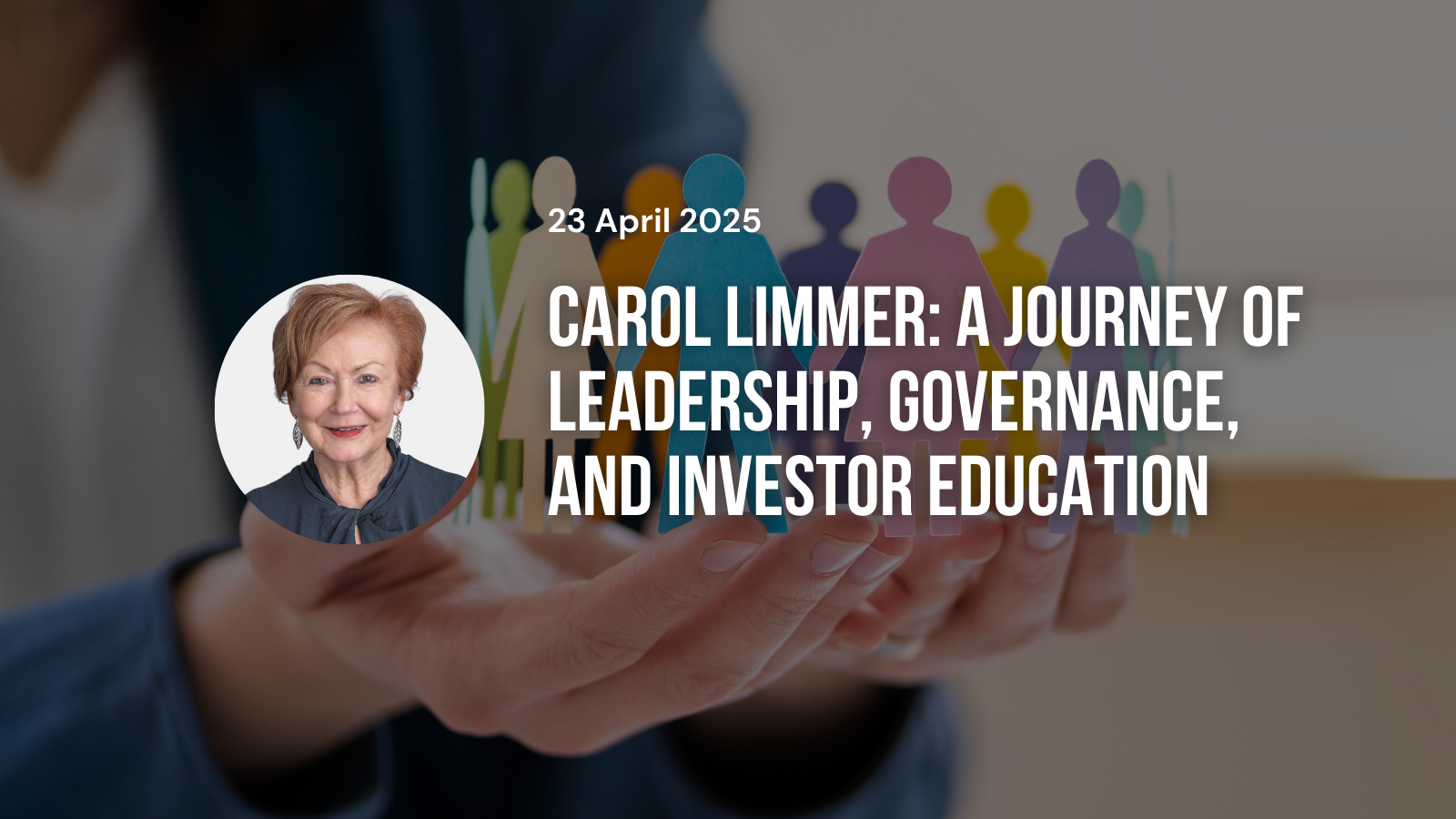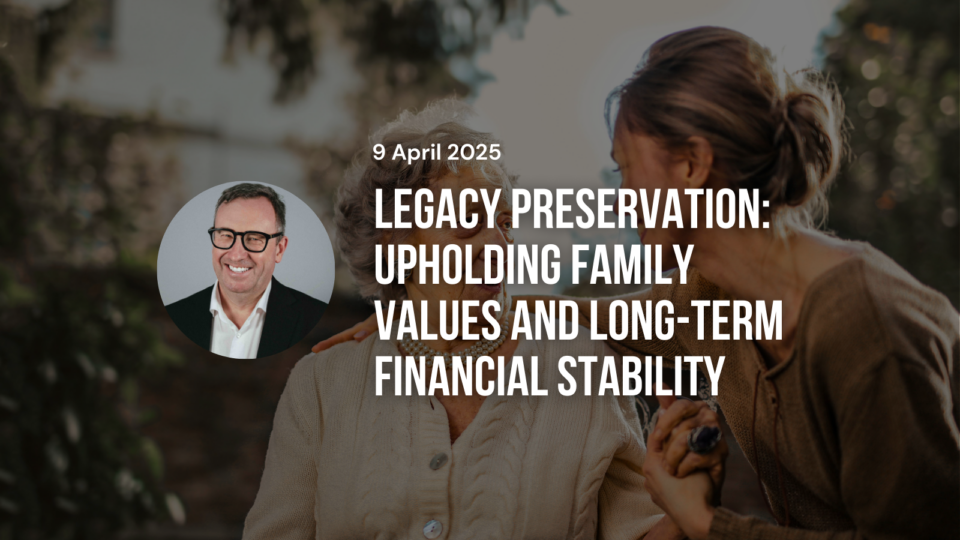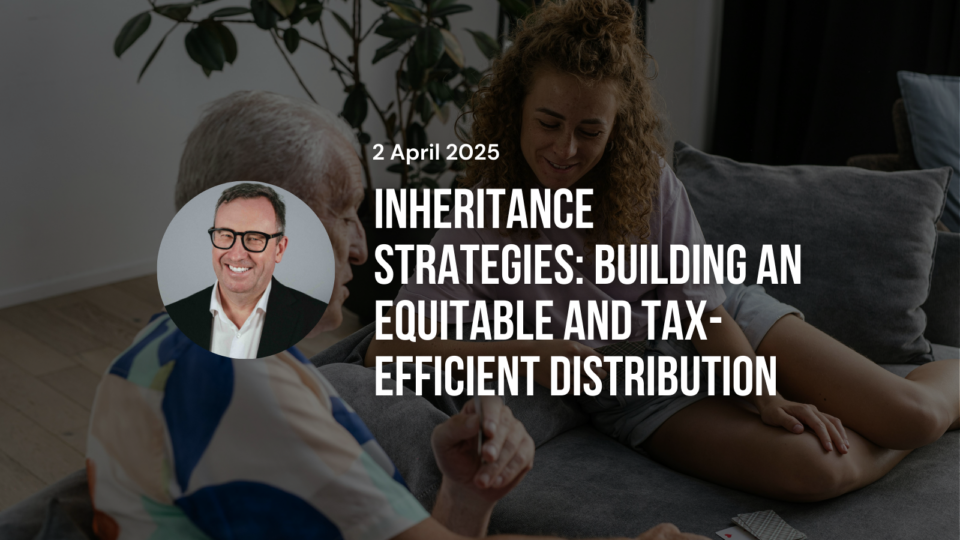

By Caity Somers, Marketing and Education Manager, Australian Shareholders’ Association
Each month, ASA features an inspiring member interview, and this time, I had the pleasure of speaking with Carol Limmer—an accomplished leader in finance and corporate governance. With six years on the ASA Board, a distinguished career at CBA, and extensive experience on various boards and committees, Carol has played a pivotal role in shaping investor education and corporate monitoring.
Her journey, from starting as a Customer Service Officer to becoming a Senior Executive at CBA, is one we can all learn from—demonstrating the value of adaptability and continuous growth in one’s career and personal development. In this interview, she shares insights into her career, governance expertise, and advice for investors navigating today’s market.
Enjoy my conversation with Carol Limmer.
Q1: Carol, you’ve had an extensive career with CBA and as a board member at ASA. Can you tell us a bit about your journey and what initially sparked your interest in the financial sector?
I was very fortunate to have a great career with CBA, as well as six wonderful years on the ASA Board. I’ve also served on a range of other boards and committees, which have significantly contributed to my learning and experience.
My journey started straight out of school. I took a pre-Christmas job at CBA while awaiting my final high school results and was placed in a Customer Service Officer role in Retail Banking. After a short time, I realised a permanent career with CBA was the right path for me. The bank offered assistance with part-time studies, so I pursued a Bachelor of Business, a Management Certificate at TAFE, and a Diploma from the Australian Banking and Finance Institute.
I became a trainer for new employees and was soon seconded to the Decimal Currency Board to help with publicity for Australia’s transition to decimal currency. This role involved traveling across the country, working with ‘Dollar Bill,’ and conducting media interviews—a fantastic experience that broadened my skills.
Returning to CBA, I was placed in a Talent Management Program, which allowed me to work in various roles, including areas traditionally considered ‘men’s jobs.’ I gained experience in different business units, mergers and acquisitions, and change management programs.
By the time I retired, I was a Senior Executive overseeing Performance and Recognition across the bank. This included performance management systems, remuneration, incentive programs, employee share ownership plans, and staff superannuation. Interestingly, CBA had staff superannuation long before it became compulsory, which allowed me to build early savings in their pension fund and develop an interest in shares.
Q2: What key skills or experiences from your time at CBA have shaped your approach to company monitoring and board governance?
My knowledge and skills in financial management, risk, compliance, governance, remuneration, and human resource management have all been useful in shaping my approach to company monitoring. Additionally, my memberships with professional organisations like the Governance Institute, AICD, Human Resources Institute, and Institute of Management and Leaders have further shaped my perspective.
One thing I’ve learned is the importance of asking questions and conducting deeper investigations when something isn’t entirely clear. I don’t shy away from tough discussions about a company’s performance and will ask the necessary questions to ensure transparency and accountability.
Q3: As a board member at ASA, what do you think is the most critical challenge facing retail investors today, and how can ASA help them navigate it?
There are many challenges for retail investors, but one of the most significant is ensuring a regular review of shareholdings. As a board member, I have always emphasised investor education so that our members stay informed about company performance and industry innovations.
ASA helps investors by providing Company Monitor Reports, policy updates, and advocacy insights. It’s also important for investors to consider the right balance between direct investments in shares, ETFs, managed funds, and other assets like cash, bonds, and property.
Q4: In your opinion, what role does good governance play in driving long-term success for companies, and how can investors assess this effectively?
That is an important one, Caity. Board governance is a topic of particular interest to me in my company monitoring work. I’ve also been actively involved in diversity initiatives for many years. As CBA’s first Equal Employment Executive, I helped implement one of Australia’s first sexual harassment policies, which gave me valuable insights into gender diversity. However, when I talk about diversity, I also focus on areas such as age and nationality. Embracing diverse perspectives helps prevent group thinking on boards and fosters fresh ideas. Another important aspect is board renewal and ensuring limited tenure for board members. ASA has developed strong policies in these areas to promote effective governance.
Q5: With years of experience monitoring companies, what do you look for when evaluating an investment opportunity?
Over my 17 years as a Company Monitor, I have continuously learned from experienced peers and ongoing ASA education programs. While I don’t provide specific investment advice—since each person’s situation is unique—there are a few key factors I look for:
- Consistent strong performance over time
- Sound corporate governance
- Innovation, particularly in technology
- Transparent stakeholder reporting and hybrid AGM participation
ASA’s Company Monitor Reports provide very worthwhile performance insights, and Equity magazine is a great resource for members looking to stay informed.
Q6: What advice would you give to someone looking to start their journey in investing? Are there any common mistakes you think they should avoid?
There are many factors to consider, depending on each individual’s circumstances. As my ASA Board colleague, Lel Smits, recently said, “Life, like finance, presents a mixed bag of opportunities and risks, sometimes hard to distinguish.” The key takeaway here is to proceed with caution. Joining ASA is a great starting point, after which you can engage in discussion groups, watch webinars, attend conferences, and explore ASA literature like Equity. It’s crucial not to rush to conclusions—always do thorough research and take a balanced approach before making decisions. Seeking professional investment or financial advice can also be a wise step.
Q7: As a seasoned executive, you’ve worked with many leadership teams. What qualities do you believe are essential for strong, ethical leadership, and how do they impact the companies’ shareholders?
In my last role at the Bank, I managed a team of about 150 people and came to realise the many qualities that make a good leader. A strong understanding of culture is essential, as is fairness in all dealings with employees to retain top talent. Recognising good performance is important, and so is active listening—you learn more by listening than by talking. I’ve found that observing well-founded leadership qualities in the companies I’ve monitored leads to strong stakeholder management.
Carol’s story serves as an inspiring example of how dedication, adaptability, and a commitment to lifelong learning can shape a successful career. Through her work with ASA and her advocacy for diversity and strong corporate governance, Carol continues to make a lasting impact in the financial sector. We hope her journey encourages others to invest in their growth, ask the right questions, and always seek knowledge as they navigate their own paths in the world of investing.





